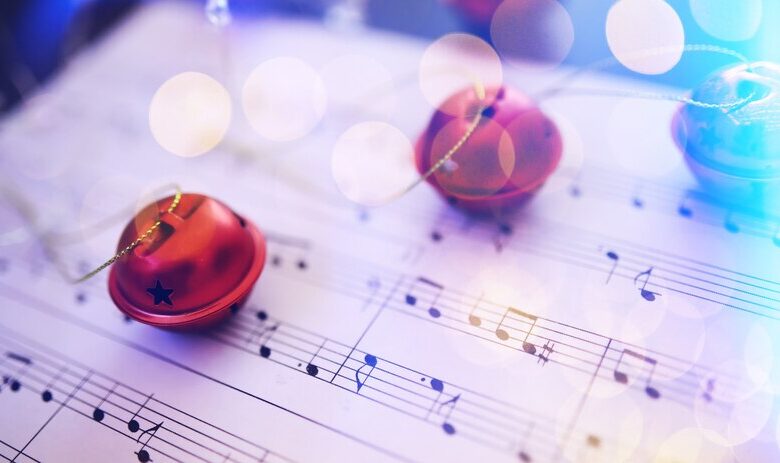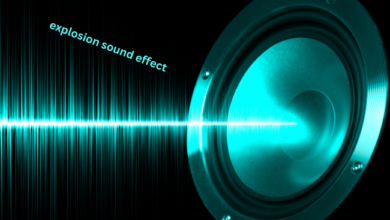The Rhythm of Pages Scoring the World of Music for Enthusiasts

Whether you’re a seasoned composer or a budding music lover, the world of music scores holds a treasure trove of insights and inspirations. Music scores are the blueprints of sound, capturing the intricacies of melodies and harmonies that resonate with our souls. This blog will explore the vibrant realm of music scores, their evolution, and their impact across genres. We’ll also provide tips for those eager to deepen their understanding of these notated masterpieces.
The Importance of Music Scores
Music scores are the heartbeats of compositions, providing a comprehensive guide for musicians and composers alike. They are the foundation upon which orchestras, bands, and solo performers build their soundscapes. For music enthusiasts, scores offer a window into the composer’s mind, revealing the dynamics and intentions behind every note.
The significance of music scores extends beyond the performance stage. They are essential for preserving musical heritage, ensuring that future generations can experience the same symphonies and sonatas that have captivated audiences for centuries. Scores allow musicians to interpret and reinterpret works, breathing new life into timeless pieces.
For music enthusiasts, understanding scores enhances the listening experience. By following along with a score, one can appreciate the complexities and nuances that might otherwise go unnoticed. This deeper connection to the music fosters a greater emotional response, making each listening session a more enriching experience.
The Evolution of Music Scoring
Music scoring has come a long way from its humble beginnings. In ancient times, music was passed down orally, with no written notation to guide performers. However, as societies advanced, so did the need for a standardized system of notation. The earliest music scores were rudimentary, using symbols and markings to indicate pitch and rhythm.
The invention of the printing press in the 15th century revolutionized music scoring, making it possible to mass-produce scores and distribute them widely. This democratization of music allowed composers to reach broader audiences and fostered the development of new musical forms and styles.
Today, digital platforms have transformed the music scoring landscape once again. With the advent of music notation software, composers can create, edit, and share scores with ease. These digital tools offer unparalleled flexibility, allowing musicians to experiment with different arrangements and orchestrations without the constraints of physical paper.
Scores Across Music Genres
Music scores play a vital role in various genres, each with its unique demands and conventions. In classical music, scores are the lifeblood of orchestras and ensembles. They provide the detailed instructions needed to perform complex symphonies and concertos, ensuring that each musician contributes to the cohesive whole.
In the world of film and television, scores are crucial in setting the tone and enhancing the storytelling. Composers like John Williams and Hans Zimmer have become household names, crafting iconic scores that are inseparable from the films they accompany. These scores guide the audience’s emotions, heightening suspense, joy, or sorrow as the narrative unfolds.
Video game scores have also gained prominence, offering immersive soundscapes that draw players deeper into virtual worlds. Composers like Nobuo Uematsu and Koji Kondo have crafted memorable themes that resonate with gamers worldwide. In this genre, scores must be dynamic and adaptable, responding to the player’s actions and decisions in real-time.
Technology’s Impact on Music Scoring
Technology has revolutionized music scoring, making it more accessible and interactive than ever before. Music notation software, such as Sibelius and Finale, allows composers to create scores with precision and efficiency. These programs offer a range of features, from automatic transposition to playback capabilities, enhancing the composer’s toolkit.
Digital platforms have also expanded the reach of music scores, allowing enthusiasts to access a vast library of compositions at their fingertips. Online repositories like IMSLP provide free access to thousands of scores, making it easier than ever to explore and study music from various eras and genres.
Interactive scores have emerged as a new frontier, allowing users to engage with music in innovative ways. Apps like Music Minus One enable musicians to play along with recordings, adjusting the tempo and instrumentation to suit their preferences. This interactivity fosters a deeper connection to the music, allowing enthusiasts to immerse themselves in the creative process.
Enhancing the Listener’s Experience
Music scores have a profound impact on the listener’s experience, shaping the emotional connection to the music. By providing a visual representation of the music, scores allow listeners to follow the composer’s intentions and anticipate changes in dynamics and tempo.
For those new to music scores, following along with a score can be a revelatory experience. It offers a glimpse into the structure and complexity of a piece, highlighting the interplay between different instruments and voices. This deeper understanding enhances the listener’s appreciation, fostering a more profound emotional response to the music.
Beyond individual enjoyment, music scores play a crucial role in fostering a sense of community among music enthusiasts. Score study groups and online forums provide opportunities for discussion and analysis, allowing enthusiasts to share their insights and interpretations with like-minded individuals.
Tips for Aspiring Music Composers and Enthusiasts
For those eager to explore the world of music scores, there are several practical steps to deepen your understanding and appreciation. First, familiarize yourself with the basics of music notation, including key signatures, time signatures, and note values. This foundational knowledge will enhance your ability to read and interpret scores.
Next, explore a variety of scores across different genres and styles. By studying diverse compositions, you can gain insights into different compositional techniques and approaches. Pay attention to the use of dynamics, articulation, and phrasing, as these elements contribute to the overall expression of the music.
Consider joining a music score study group or online community. Engaging with fellow enthusiasts can provide valuable feedback and insights, enhancing your understanding of the music. Additionally, participating in discussions and sharing your interpretations can deepen your connection to the music and foster a sense of camaraderie.
The Enduring Relevance of Music Scores
In conclusion, music scores are an invaluable resource for musicians and enthusiasts alike. They provide a window into the composer’s mind, offering insights into the intricacies and intentions behind each composition. Scores enhance the listening experience, fostering a deeper connection to the music and a greater appreciation for its complexities.
In the digital age, music scores remain as relevant as ever. With the advent of technology, scores have become more accessible and interactive, allowing enthusiasts to engage with music in new and innovative ways. Whether you’re a seasoned composer or a budding music lover, exploring the world of music scores can deepen your understanding and love for this timeless art form.
For those eager to explore further, consider accessing online repositories like IMSLP to discover a wealth of scores from various eras and genres. Additionally, engaging with music communities and participating in score study groups can enhance your understanding and appreciation of music. By immersing yourself in the world of music scores, you can enrich your musical journey and foster a lifelong passion for this beautiful art form.


